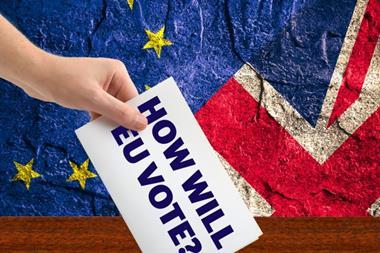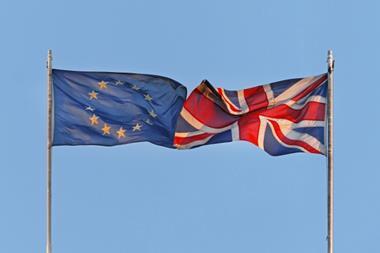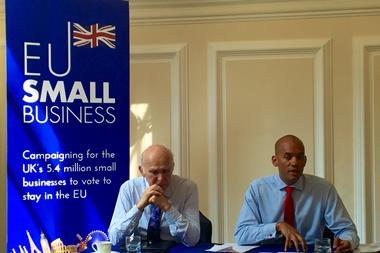Retail sales will "fall by 3% in 2017" under Brexit

If the UK leaves the European Union retail sales will fall by 3% in 2017 amid a “short and relatively sharp retail shock,” according to the Economist Intelligence Unit (EIU), the research division of the Economist Group.
ALREADY HAVE A REGISTERED USER ACCOUNT? PLEASE LOG IN HERE
To read the full story join the ConvenienceStore.co.uk community today!
Registration is quick and easy and provides access to:
- Unlimited ConvenienceStore.co.uk articles
- Our great range of newsletters
- Content you’ve saved for later via the ‘my library’ feature
And much more…
























